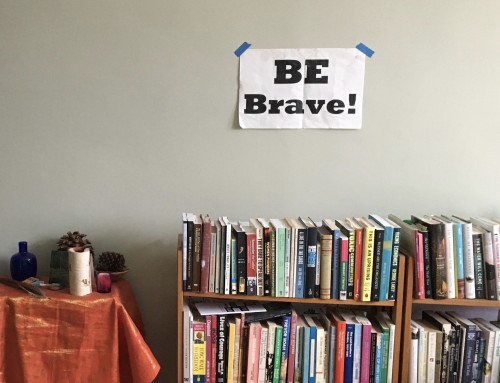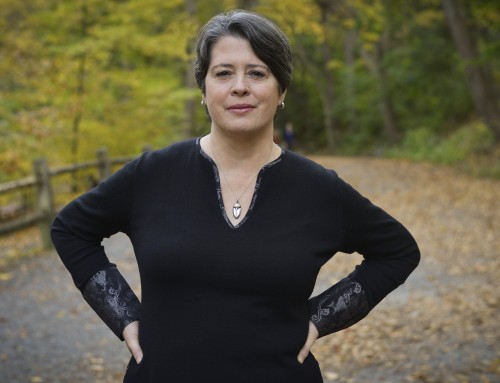This morning I noticed Megan scratching her head at the breakfast table. Those of you who have dealt with head lice won’t judge me for sighing in relief when I heard that Luke had banged her in the head.
It’s one of those good-news-bad-news days. I finally finished our taxes last night, and the good news is that we’re getting money back. The bad news is that I absolutely can not find my W-2, which I had as of 10:30pm last night. My theory that it had fallen behind the desk was not born out this morning when I tore the whole desk and filing cabinet apart looking for it and only found mounds of dust. I finally stopped looking to bring the kids to school, but couldn’t find my keys, which are usually on the desk right by the front door. Fortunately Tom was still home and gave me his keys. Good thing I don’t really believe in ghosts or I’d blame my mother.
There are also lots of things interrupting my writing this week, and although many of them are good, I don’t feel I’ve recaptured the writing momentum I had before spring break. This may be partly because I’ve started doing more research than writing, testing the idea of writing a book about how children learn about race. So far I’m fascinated by the data and the debates. For example, one theory put forth in the 1950s that has echoed and been debated since is that there is a correlation between mothers with authoritarian parenting styles and children with ethnic or racial prejudice. One argument is that children learn prejudice from their parents, and authoritarian parents are just more likely than permissive parents to be racist. The other argument is that something about being repressed in the home makes children more likely to put down others outside of it. This view postulates that a child of an authoritarian mother might become racist, even if the mother herself was not racist. The article I read yesterday, however, couldn’t prove this theory because they couldn’t find enough non-racist authoritarian mothers to be statistically significant.
In any case, there seems to be ample evidence that many white children learn prejudice by the age of six, though they also quickly learn that publicly admitting their prejudice is not acceptable. This is part of what intrigues me about the topic: What happens to children, and to our society for that matter, when there is a gap between what children learn and what they are allowed to say? In many ways, it’s probably a gap between our conscious beliefs and our unconscious beliefs. This seems to raise many spiritual questions, though I’m not sure yet if this book will talk explicitly about spirituality.
Of course all the research, whatever the argument, seems to blame the mothers, but I guess that’s par for the course. We have tremendous power to influence our children’s lives. It can be a mixed blessing.




This post reminds me of some ways that my own children are learning about race. It’s an especially salient issue for them because they have one white parent (me) and one black parent (my husband). Besides learning about how to view others, they must decide how to view themselves.
In addition, your post reminded me that I was musing about Barney the dinosaur earlier today, which may be very far afield, but maybe not, if you’ll bear with me a moment. I was recalling the many incidents in the 90’s of viscious violence toward Barney. Not only was there violent rhetoric and violence done to his image, but people dressed in Barney costumes for children’s parties were sometimes attacked and beaten fairly badly. I can understand being highly annoyed by Barney, but why such extreme hatred? I found myself wondering if it was rooted in a jealousy for childhood joy and loving acceptance that the hater deserved but never got. (Now that I think about it, Mister Rogers attracted a similar, though perhaps less violent response from some people.) This is pure speculation, of course, I’m just thinking out loud. Perhaps there is a related dynamic at work with some forms of racial hatred. Often, there is an accompanying feeling that the hated race is getting more than they deserve — more breaks, more attention, whatever. Coupled with a frustrated sense of entitlement on the part of the racist, there might seem to be an element of jealousy at play, no? Could such jealousy be rooted in the frustrations of childhood, such as you describe? Again, I’m just thinking out loud.
I’m glad you are working on this book. I think it’s an important topic.
Stephanie
Thanks, Stephanie. Interesting about Barney. There’s so much to think about here.